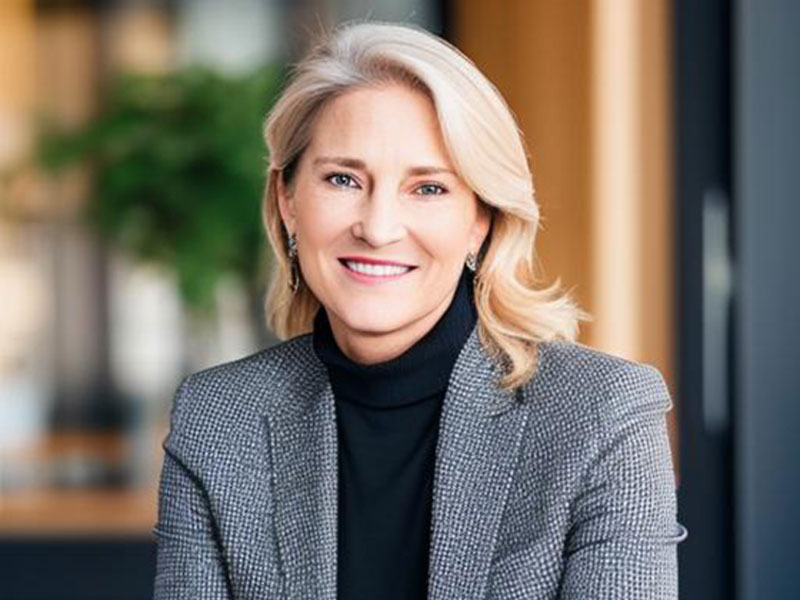
Toyota says its longtime advertising partner, Japanese agency giant Dentsu Inc., has informed it of “irregularities” related to some digital media business transactions. Reports have said the problem was about a division of Dentsu in Japan overcharging the automaker.
A statement from Dentsu did not describe what the problem was but suggested that it extended to other clients as well.
“This is an issue confined to Dentsu in Japan,” Dentsu Inc. said in the statement. “We are taking this matter extremely seriously and investigating the issue to fully understand the facts. All clients who may have been impacted have been communicated with already.”
The statements were a response to reports from Australia’s AdNews, which said a performance marketing unit of Dentsu in Japan had overbilled Toyota for work for “at least five years.” The Financial Times said Dentsu held emergency talks with more than 100 clients to try to contain the damage; it also reported that clients had raised questions about 160 possible instances of overcharging.
Toyota’s statement was brief.
“While we are not in a position to provide additional details, we have been notified by Dentsu of irregularities in some digital media business transactions,” the automaker said in an email released by its headquarters in Tokyo.
The reports have prompted new scrutiny of the complex advertising ecosystem in Japan, the world’s third-largest ad market, where Dentsu is a powerful force, and raised new questions about transparency issues in the ad market there.

Greg Paull, co-founder and principal at the ad industry consulting firm R3, said the issue at Dentsu appeared to be “obviously something significant.”
“Japanese agencies have long had a different working practice from their multinational brethren, even from the multinational agencies operating in Japan, which have been far more transparent in these matters,” he wrote in an email. “If this is happening at Dentsu, one must wonder about the issues for Hakuhodo, ADK and all the other top Japanese agencies. Combined, they control over 90% of the market’s media spend. Apart from South Korea, it’s the only advertising market in the world where local agencies are so dominant.”
Dentsu, founded 115 years ago in Japan, is the world’s fifth-biggest agency company, after WPP, Omnicom Group, Publicis Groupe and the Interpublic Group of Cos. It has taken massive steps to go international in recent years, notably by buying the Aegis Group in 2013 for $5 billion.
But it still gets nearly half its business from Japan, where it dominates advertising, with clients including Sony, Shiseido and Suntory. Client conflict isn’t considered an issue in Japan, so agencies there can work with all clients in all categories. Dentsu is also a powerful player in entertainment and sports. It is the marketing partner of the organizers of the Tokyo 2020 Olympics, and holds broadcast rights for the 2018-24 Olympics in 22 Asian markets.
“I think the question here, and all the pundits are jumping on this one, is, ‘Is this a transparency issue in the context we talk about in the West?’ said Graham Brown, director of global media advisory firm MediaSense. “I’m not sure. The practices that go on in Japan are so different to what we understand in the West … Dentsu has always been one of the largest resellers of media, it controls rights, it’s pervasive across the whole of Japanese media. To say they are not transparent is a bit tautological, because the whole business is not clear.” One possibility, he said, was a “rogue” division at Dentsu in Japan.
Locally, some in the industry said they were not surprised by the reports. Issei Matsui, an advertising consultant in Japan and China, said clients often don’t understand how their money is being spent.
“But the clients cannot say no because Dentsu dominates the media industry in Japan,” said Mr. Matsui, who worked for nearly two years at Dentsu in China and also had senior roles at Omnicom’s DDB and BBDO in Japan.
Mr. Matsui noted that Japanese media hasn’t been reporting on Dentsu’s issue with Toyota. He believes local news outlets feel pressure to stay away from the topic, because of Dentsu’s influence locally.
“In Japan there’s no news at all — check (the Japanese versions of) Yahoo orGoogle, and you can’t find anything about it,” he said. The lack of local coverage means that “only global companies are talking about it, but maybe local companies don’t know about it.”
Source: Adage





